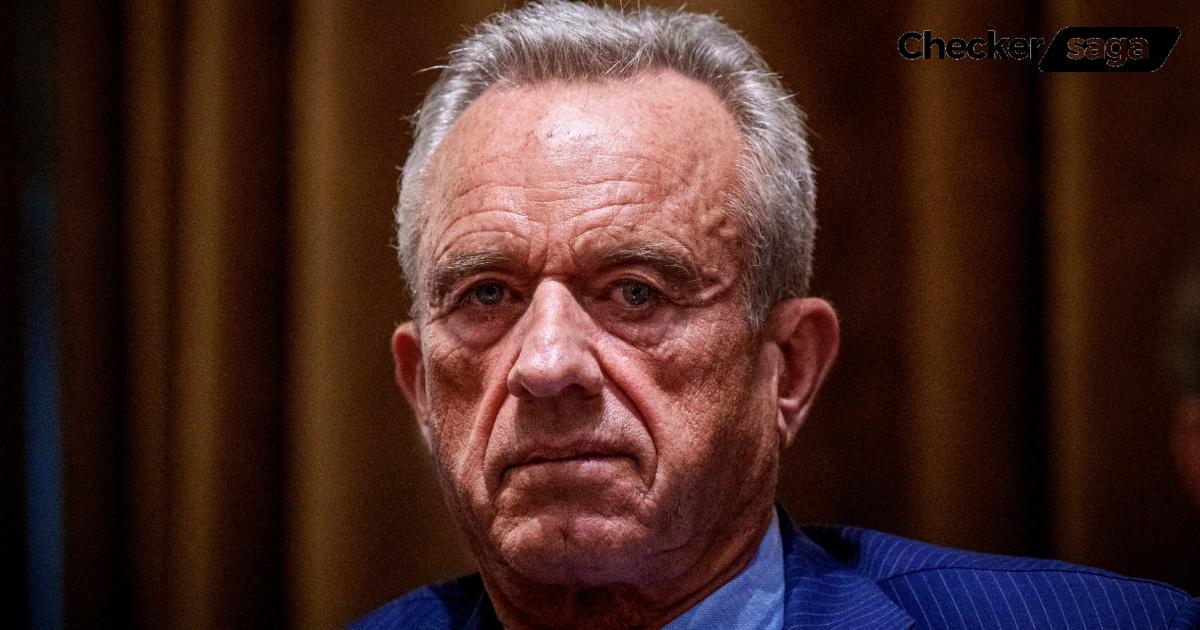In a surprising move, the U.S. Department of Health and Human Services (HHS) announced a $25,000 voluntary buyout offer to all of its approximately 80,000 employees on March 7. This decision, part of a broader strategy to cut government staff, has raised eyebrows and questions about its potential impact on public health services. Employees have until March 14 to accept this incentive to resign, which some experts warn could create significant gaps within HHS during crucial times.
What’s the Reason Behind the Buyout Offer?
The buyout offer comes on the heels of a call from HHS Secretary Robert F. Kennedy Jr. for certain staffers to leave the organization. Kennedy has signaled a desire to streamline operations, focusing on efficiency. In an interview earlier this year, he indicated that staffers not committed to public health research might not fit the department’s needs. However, he assured that those engaged in good science have nothing to worry about from these changes.
Implications of the Buyout
Experts are concerned that the buyout initiative could undermine HHS’s ability to carry out its public health responsibilities effectively. With recent outbreaks of diseases like bird flu and measles, having a full-strength workforce is critical. Cuts to staff, especially during times of health crises, could lead to delayed responses and gaps in crucial services that protect public health.
How Does This Fit into the Wider Federal Workforce Reduction?
This buyout initiative aligns with a larger effort by the Trump administration to reduce the overall size of the federal workforce. Influential figures, like Elon Musk and his Department of Government Efficiency (DOGE), have been pushing for reductions across various agencies. Skeptics argue that while cutting government spending is necessary, slashing staff can lead to inefficiencies and has the potential to exacerbate issues in critical areas like health.
Employee Reactions and Concerns
- Many employees are understandably anxious about their job security, particularly with the announcement being quite sudden.
- There are worries about potential legal implications and the risks to data security, especially after the DOGE gained access to sensitive databases.
- Employees are encouraged to weigh the buyout offer carefully against their career aspirations and the current job market.
How HHS’s Decisions Might Affect Public Health
The implications of this buyout offer extend beyond just employee feelings; it could have serious consequences for health policy and service delivery. HHS oversees numerous essential health programs, and losing experienced employees could hinder the government’s ability to respond effectively to upcoming health challenges. Furthermore, this situation underscores a broader debate about the balance between government efficiency and the maintenance of vital public health services.
A Historical Context
This isn’t the first time the federal government has offered voluntary buyouts as a method for downsizing. There have been similar attempts in the past, particularly aimed at agencies with larger bureaucratic structures. However, the implications of this particular buyout are magnified by the current health challenges the nation faces. With diseases circulating and upcoming flu seasons on the horizon, having fully staffed departments is more crucial than ever.
Next Steps for Employees
Employees wishing to consider the buyout must act quickly, as the deadline to accept this offer is set for March 14. Those considering this option should evaluate the safety net the government provides versus the uncertainties in the private sector. The decision to leave a job can be tough, especially in a field as vital as public health.
Conclusion of Remarks
As the situation unfolds, it remains to be seen how many employees choose to take the buyout and what long-term effects this decision will have on the Department of Health and Human Services. A reduction in staff could leave the department grappling to maintain its already critical role in safeguarding public health.
























